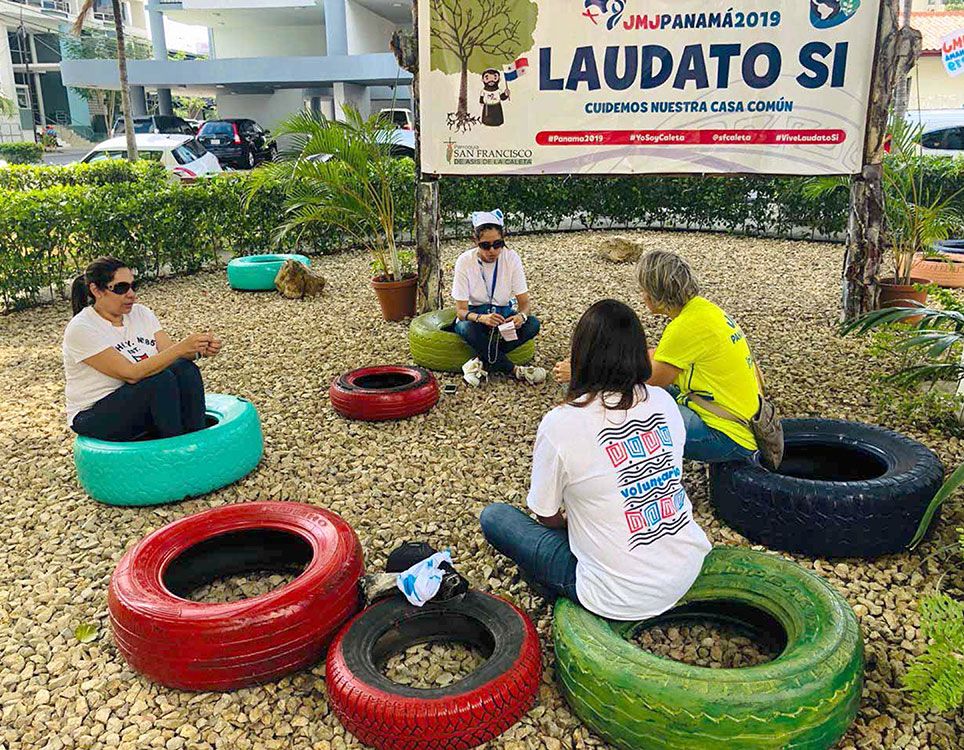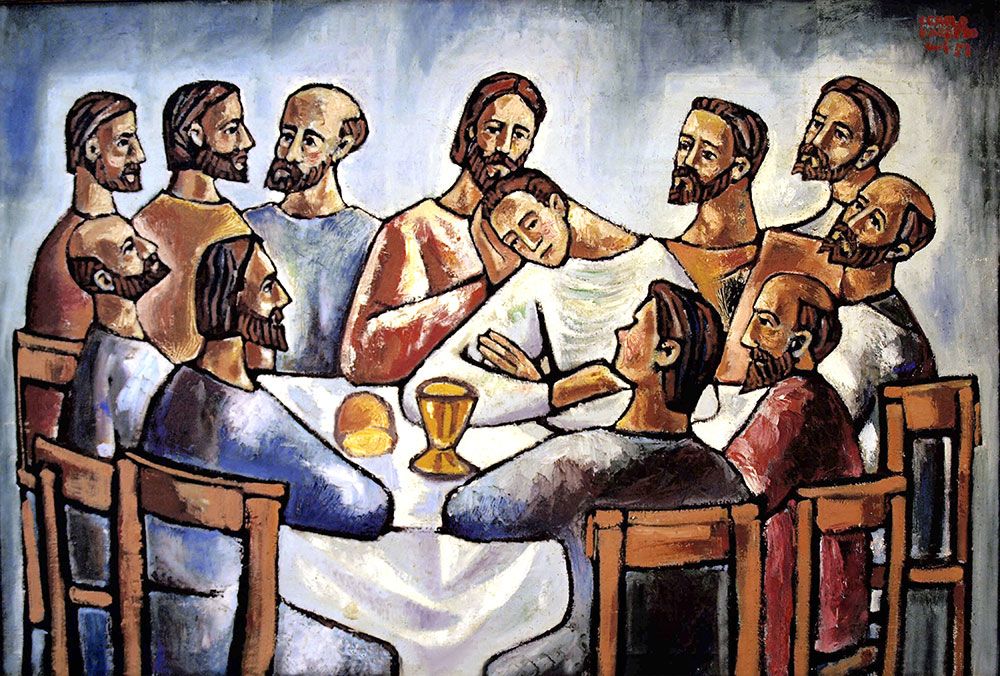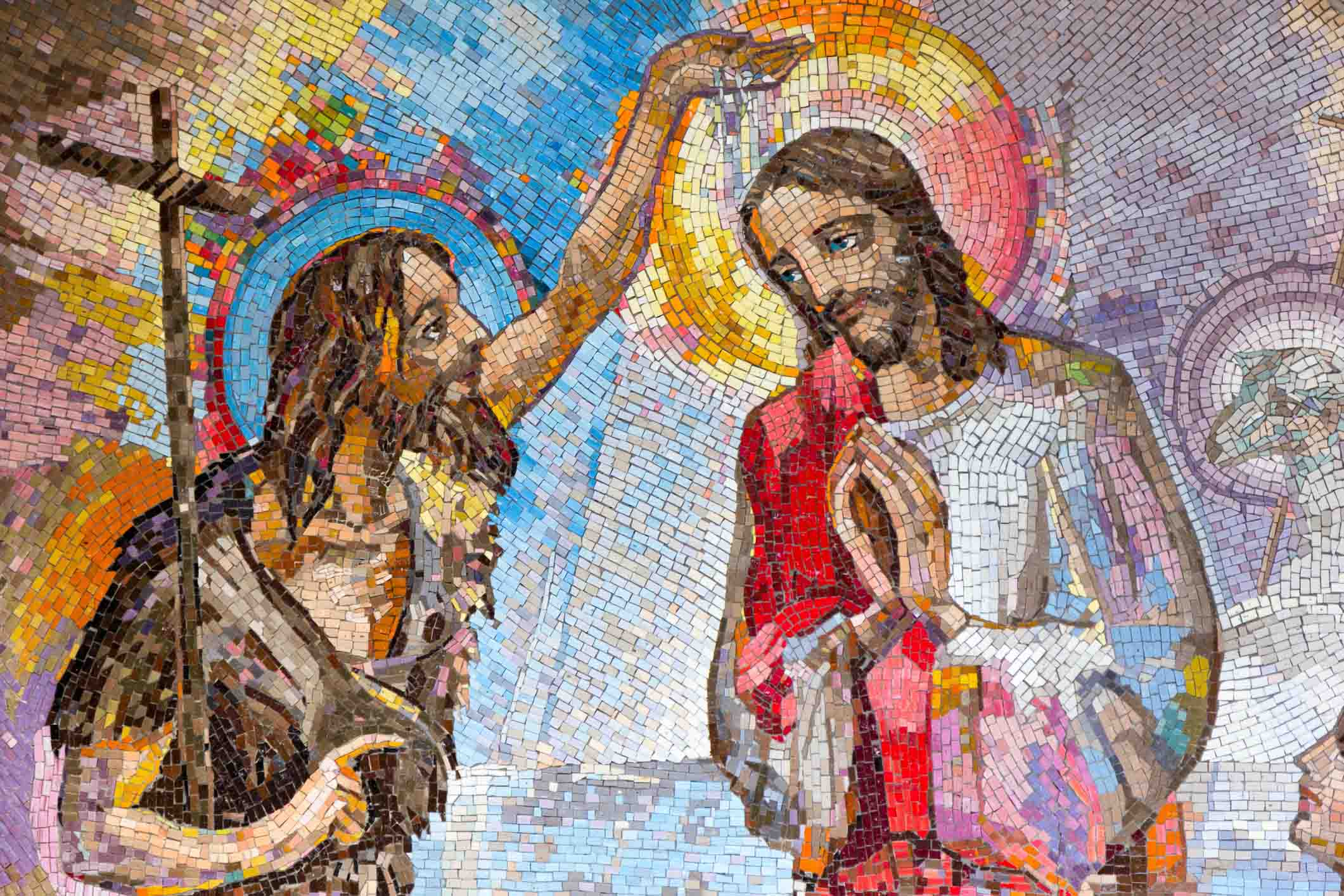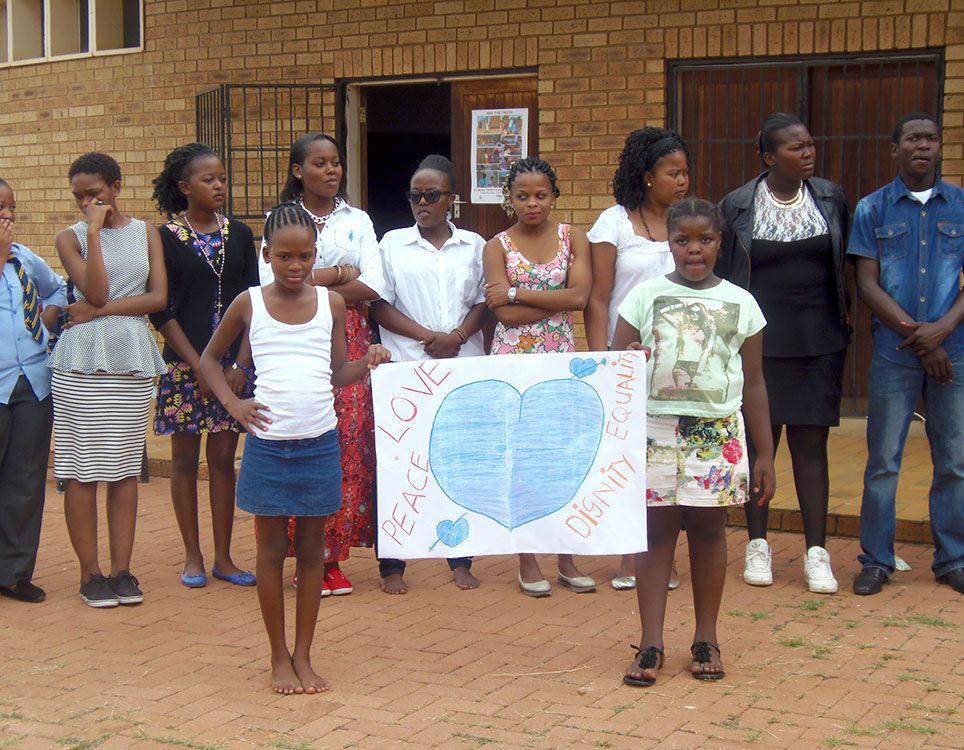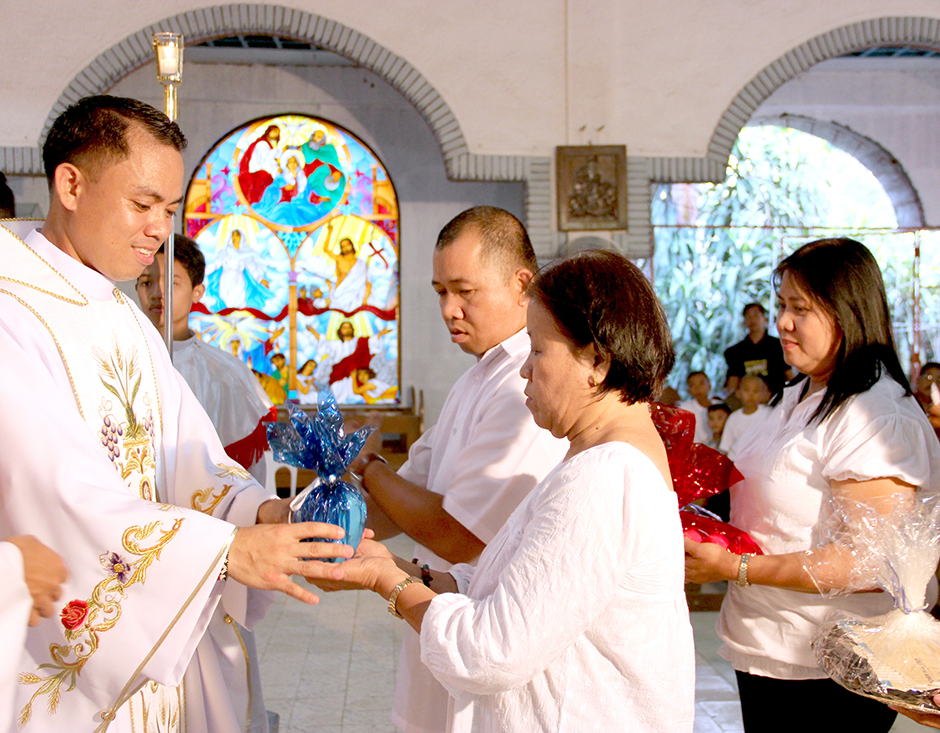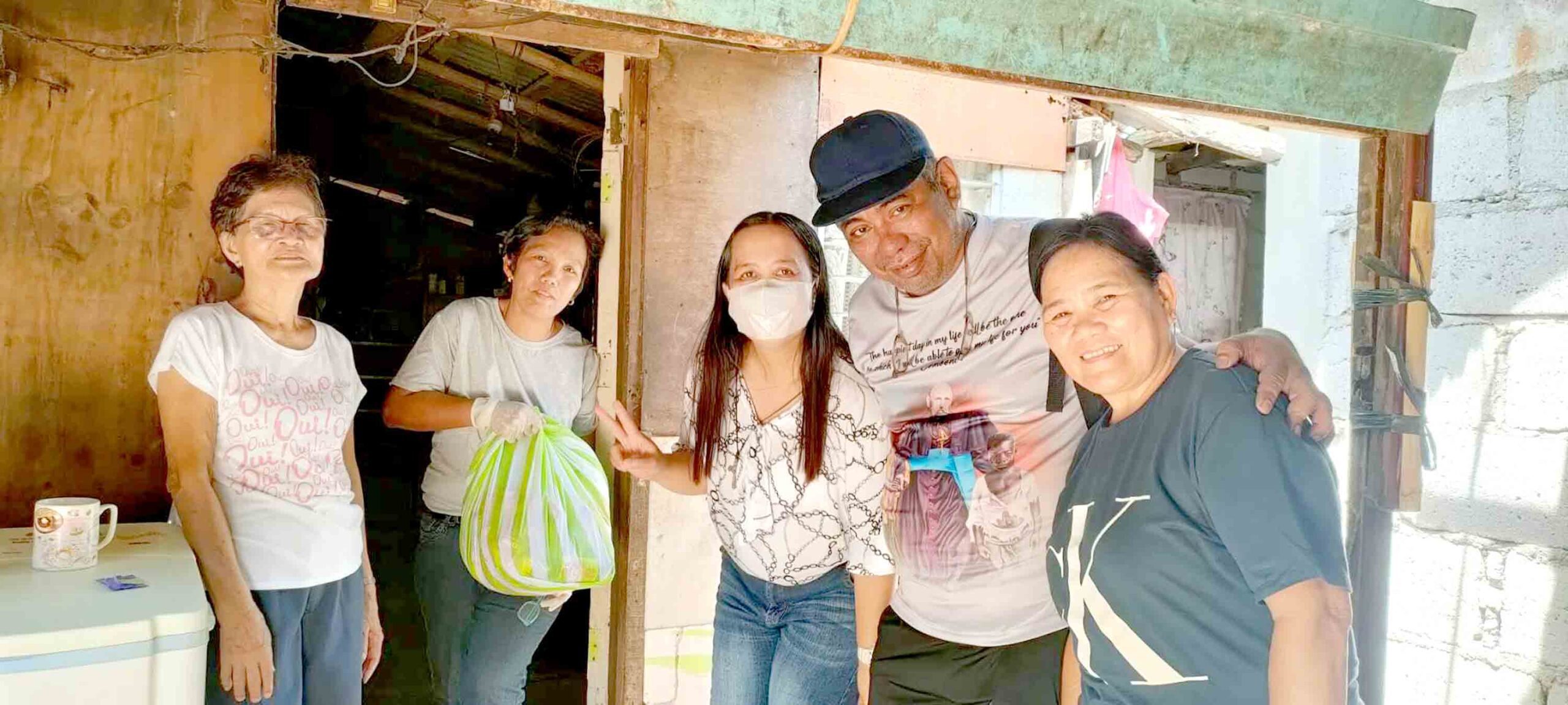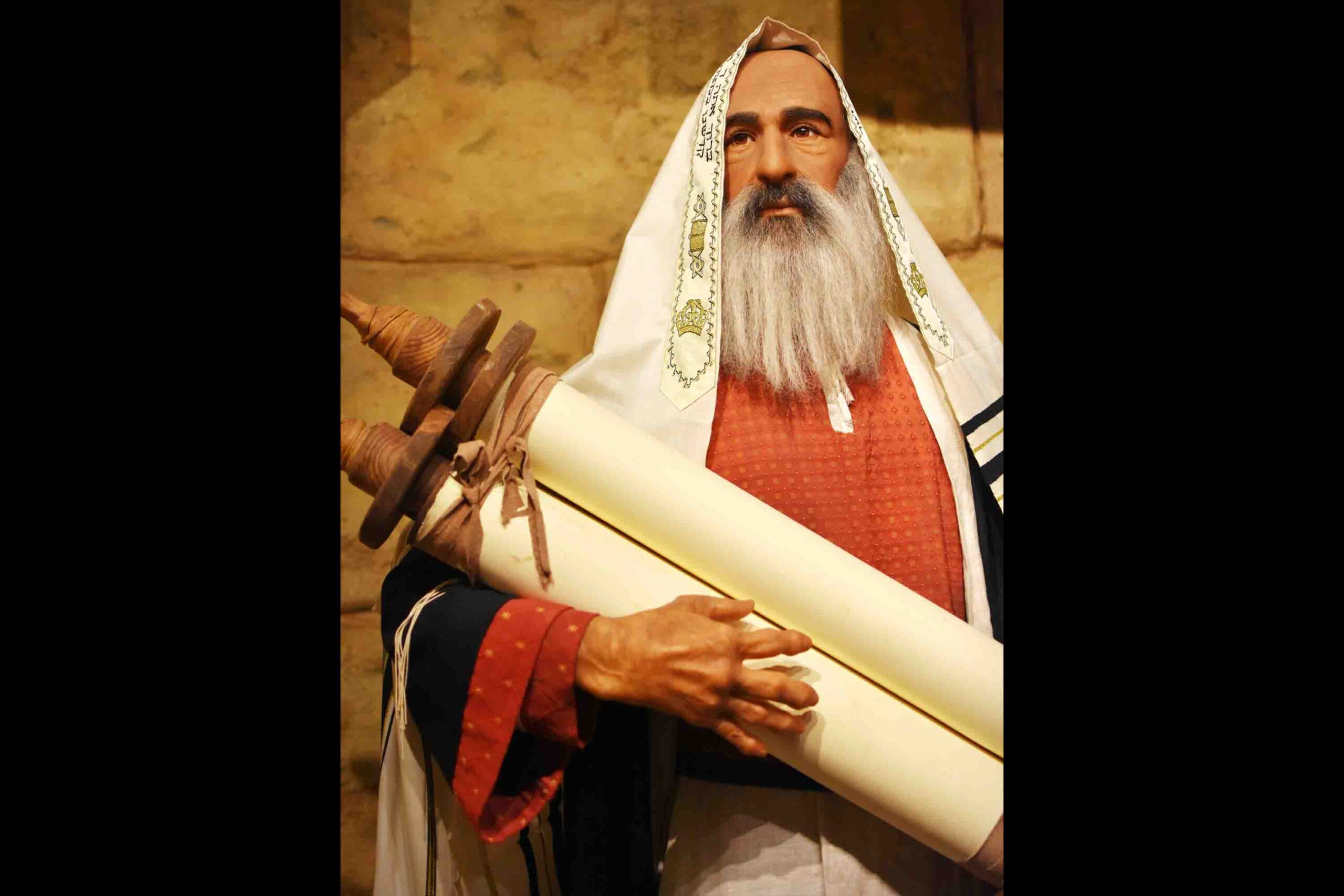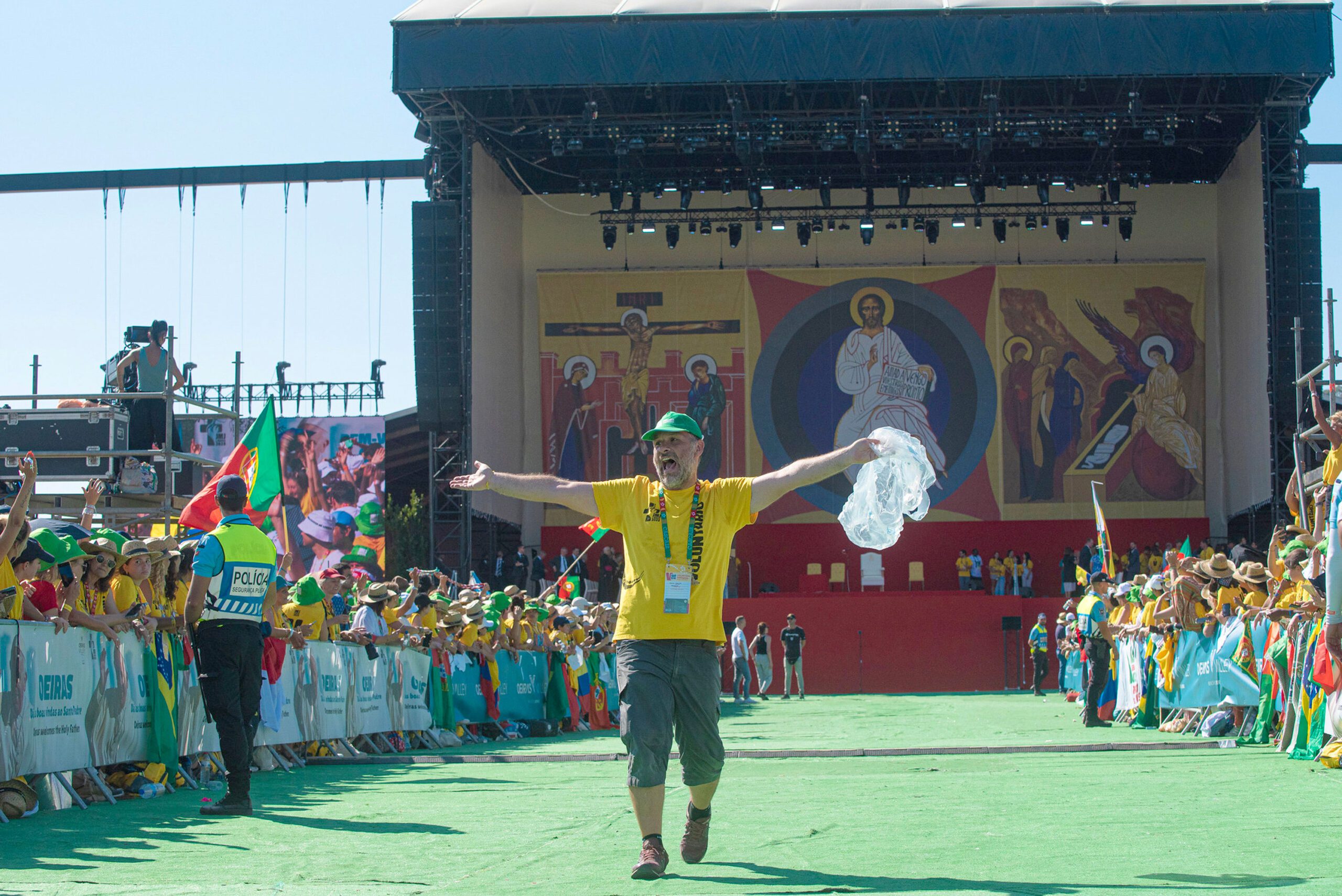On the path of discovery and vocational discernment, we are often tempted to think that it all boils down to finding answers that are essential for our life, and responses that will work as magical solutions to all present and future problems.
This eagerness for answers places us in the world of illusion, in a state in which happiness itself becomes illusory and devoid of the possibility of concrete realization in the here and now of our life. We must gradually realize that vocational discernment is made through fundamental questions of our existence rather than through answers. These questions are far from focusing on selfish whims and/or hypothetical problems in the future.
For this very reason, Pope Francis warns: “One should not start by asking where one could earn more money, where one could obtain more fame and social prestige, but one should also not start by asking which tasks would give us the most pleasure. In order not to be mistaken, it is necessary to change perspective, asking: do I know myself, beyond appearances or my sensations? Do I know what makes my heart happy or sad? What are my strengths and weaknesses? And then there are other questions: how can I serve better and be more useful to the world and the Church? What is my place on this Earth? What could I offer society? And other very realistic ones emerge immediately: do I have the necessary skills to provide this service? If not, will I be able to acquire and develop them?” (Post-synodal Apostolic Exhortation Christ is Alive, n. 285).
This is a whirlwind of questions that must be taken into account, knowing that we will not find easy, objective, “certified” answers. By questioning we can find responses. These responses might point to paths leading to personal fulfillment and happiness in a concrete way, instead of always walking in circles in search of something illusory and idyllic.
To Interpret
The responses appear in many different ways. It is necessary to know how to interpret what we are feeling and how we are living. God speaks in many ways and gives us the ability to interpret what He says. However, God created us, not as isolated beings solely at the mercy of our pride and selfishness, but as beings in relation to others. In this sense, the interpretation of the signs of the times cannot be carried out individually. We have to count on the collaboration and real help of those who walk with us in a close and special way on the path of discerning our vocation.
Interpreting is a path of humility in which we place ourselves with sincerity, in the certainty that we do not know everything nor are we able to do everything ourselves. However, we also cannot discard our responsibility. Rather, we must look for someone who helps us to see further and more deeply who we are and who we truly want to be.
To Recognize
It is important to keep in mind that, while the interpretation is done with the help of someone and with the responsibility of not blocking what we see since the first temptation is to see only what we want and nothing more, vocational recognition happens in a very personal way.
This is not an individual process, but a personal one! The “individual” presupposes an autonomy that breaks with our relational dimension. What is “personal” takes into account our whole being, all our dimensions and, therefore, recognizing one’s vocation cannot be mutilating. However, despite not being an easy process, it must be liberating and full of authenticity.
On the other hand, it is important not to forget that to think that others should do this for us is to get stuck on the way! In fact, “an expression of discernment is the effort to recognize one’s vocation. It is a task that requires spaces of solitude and silence, because it is a very personal decision that no one else can take for us.”(Post-synodal Apostolic Exhortation Christ is Alive, n. 283).
Recognizing one’s vocation is going beyond the passing wishes: it is daring to look at happiness in the face authentically, beyond all the difficulties and obstacles that may be associated with this vocation. This recognition may be somewhat frightening, but it must happen beyond the circumstances.
That is, when it comes to recognizing, what is important is the vocation itself and the one who discerns it. Right now, thinking about the difficulties and obstacles just blocks the process and paralyzes all of our hope and desire for the future.
First of all, recognize before God. Then, verbalize this recognition to those who accompany you in vocational discernment. Little by little, recognizing becomes part of you and the challenges to your vocation can be faced with another strength, perspectives and possibilities.
To Choose
“Recognizing” does not, in itself, solve all the personal and world difficulties that surround us and that seem to hinder our full experience of vocation. For this reason, it is important to bear in mind that “in order to discern one’s vocation, one must [also] recognize that it is the call of a friend: Jesus. When we give a gift to friends, we give the best; this does not mean that it is necessarily the most expensive gift, but one that will give joy to our friends.”(Post-synodal Apostolic Exhortation Christ is Alive, n. 287).
This is the starting point for a recognition that is done with maturity and without anticipated fatalisms. Only in this way is it possible to choose whether to take concrete steps to continue to discover and live the vocation that truly fulfills us or to follow other paths that seem “safer,” easier or even more enticing.
Choosing The ‘Best’
Interpreting the signs that God gives us is of no use without recognizing our vocation. Likewise, recognizing what needs to be done is empty if it does not lead to a responsible and committed choice. The difficulty will never be in choosing the “good” or the “bad,” but being able to choose the “best” in relation to the “good.”
We know that it is the “best” that accomplishes us, but often “the good” seems like the right choice, either because the way to get there is easier to articulate with our concrete life, or because it seems to be “the best” for our family and friends, or simply because, all these reasons convince us that “the good” is enough (or, at least, not bad) for us.
Choosing is not an easy task, but it is the result of an interpretation and recognition that cannot be forgotten. This is a personal choice that no one can make for us, but it is a decision that can- and should be discerned with accompaniment! Only with accompaniment it is possible to face the challenges and authentically live that choice with responsibility and hope, without fatalities or despair.





